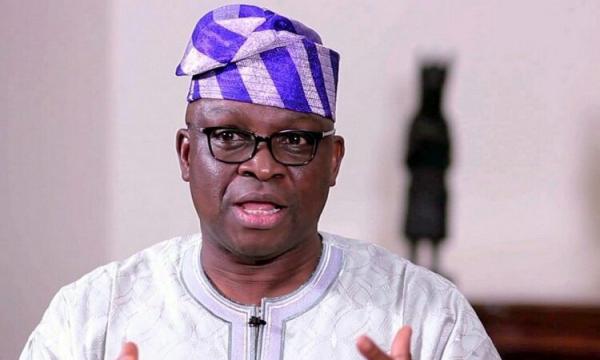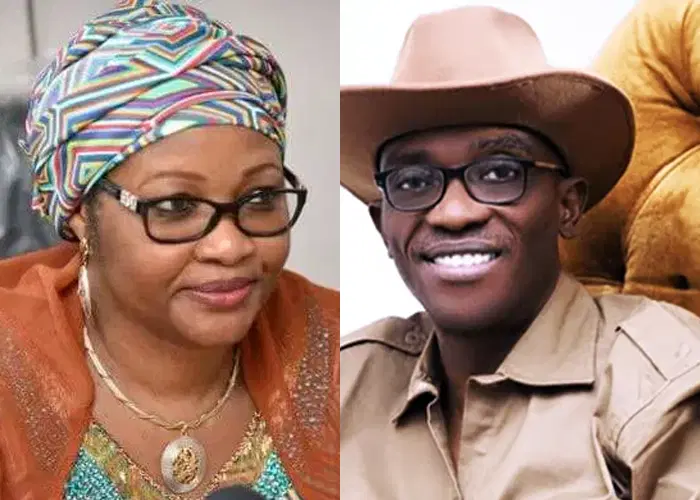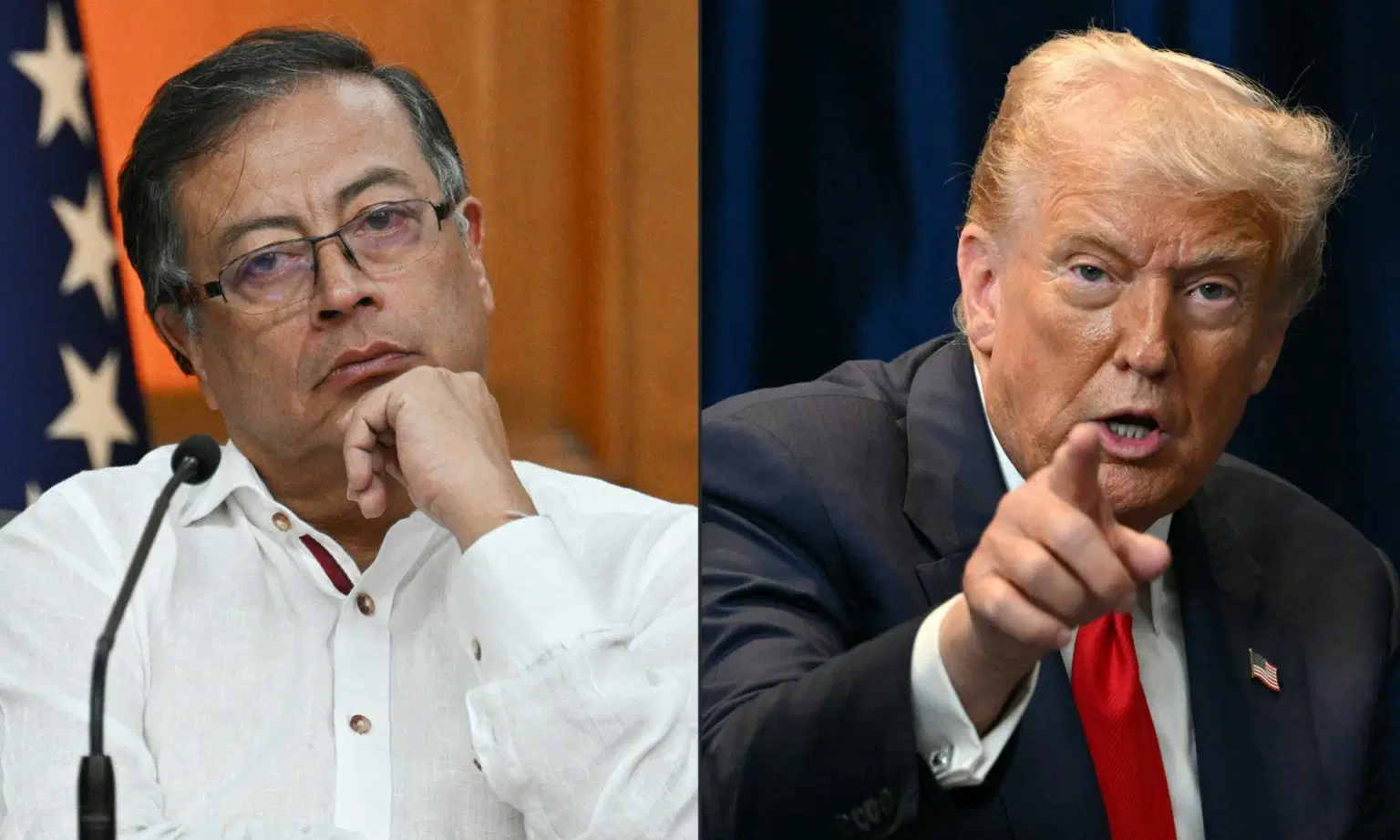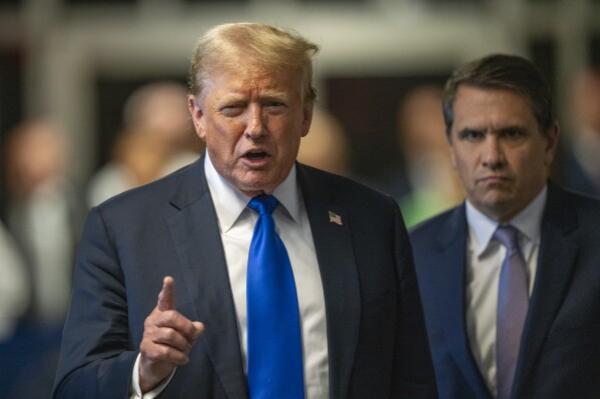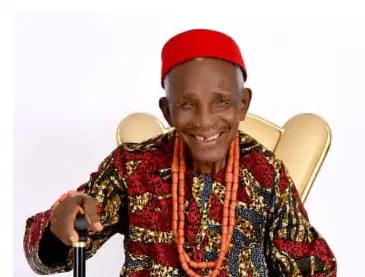
Nigerian President Muhammadu Buhari on Sunday urged African leaders to re-double efforts at economic development of the continent, as it is currently under the siege of political instability and insecurity.
Buhari who spoke at the opening of the 25th Ordinary Session of the Assembly of the African Union in Johannesburg, South Africa, told the leaders: “Our continent is currently bedeviled by the twin evils of terrorism and insecurity; poverty, youth unemployment, and underdevelopment.
“The destructive effects of the inhuman and criminal campaigns of the Boko Haram insurgency in Nigeria and neighbouring countries; the Al-Shabab attacks in East Africa, and the activities of the Al-Qaeda in the Maghreb, all bear testimony to a continent under siege.
“The images in the international mass media of African youths getting drowned in the Mediterranean sea on their illegal attempts, and often times illusory hope of attaining better life in Europe is not only an embarrassment to us as leaders, but dehumanises our persons.”
“We must re-double our efforts for economic development in the Continent and the issue of the deaths of migrants must be tackled effectively,” he stressed.
Buhari called for deliberate efforts to build regional economies by strengthening the national economies, just as there is need to “create more jobs, improve infrastructure.”
Assuring of Nigeria’s commitment to the ideals and aspirations of AU “including Agenda 2063,” he said regional economies, “are building blocks of viable regional institutions. Nigeria will continue to support AU efforts on that.
President Buhari thanked the former President of Nigeria Goodluck Jonathan for facilitating peaceful transition of power.
“Nigeria has seen a deepening of democracy. My election is seen as historic, and I agree. My party defeated the ruling party. I cannot fail to acknowledge the role played by my predecessor in facilitating the peaceful transition.”
“I also want to express my appreciation of those who honoured us with presence at my inauguration, even those who couldn’t”, he said.
Meanwhile, the United Nations World Food Programme (WFP), on Sunday, expressed concern over the consequences of insecurity in Nigeria, which has displaced so far 200,000 people, a number of them seeking refuge in Niger, Cameroon and Chad, while others are waiting at the borders.
“Nearly half a million people – refugees, returnees, internally displaced persons and local communities – face an acute food security and livelihood crisis,” noted WFP spokesperson, Elisabeth Byrs, during a press conference in Geneva.
Byrs said malnutrition rates have surpassed emergency thresholds, especially “in some violence-affected areas near the Cameroon-Nigeria border, acute malnutrition rates among children under five years of age could be as high as 36 per cent,” she warned.
But South African President, Jacob Zuma, in his address at 25th Ordinary Session of the Assembly of the African Union, reiterated the government’s condemnation of the recent “shameful and violent” xenophobic attacks in the country, which left seven people dead‚ three of them South Africans.
Reporting on the government’s response to the attacks on foreign nationals‚ Zuma said the country took its obligations under the African Charter on Human and Peoples’ Rights very seriously.
“South Africa is also a signatory to various international obligations that protect foreign nationals and refugees‚ including the Geneva Protocol on Refugees‚ he said.
South Africa’s constitution also protected the rights of all people living within the country‚ South Africans and foreign nationals alike.
“South Africans‚” he said‚ “expressed their horror and condemnation through various actions including peace marches and media campaigns to promote peaceful coexistence and tolerance.
“We trust that this commendable stance by the South African people in their thousands‚ shattered the stereotype that South Africans are intolerant‚ specifically against fellow Africans or that South Africans are xenophobic. South Africans are not xenophobic. We do not believe that the actions of a few out of more than 50 million citizens justify the label of xenophobia‚” Zuma added.












